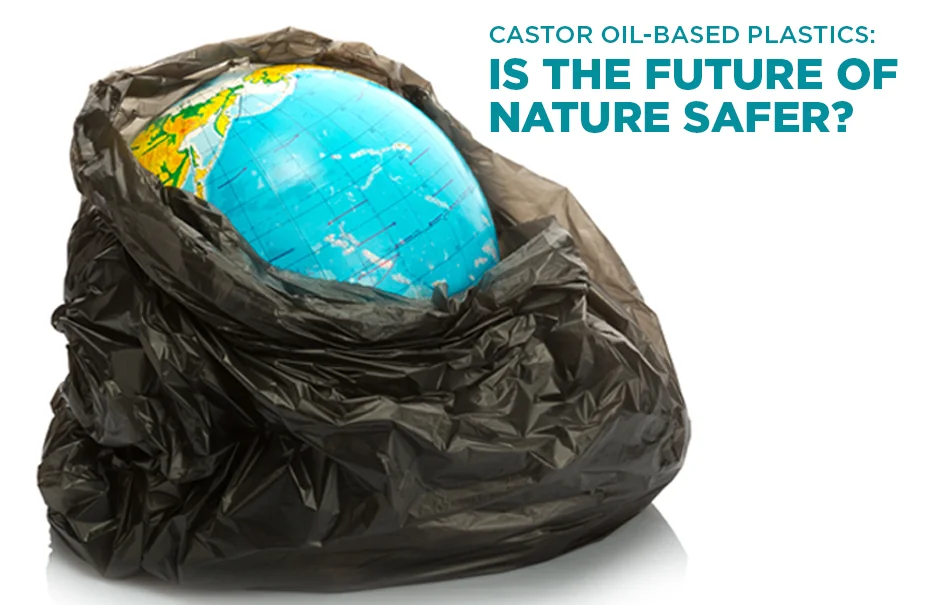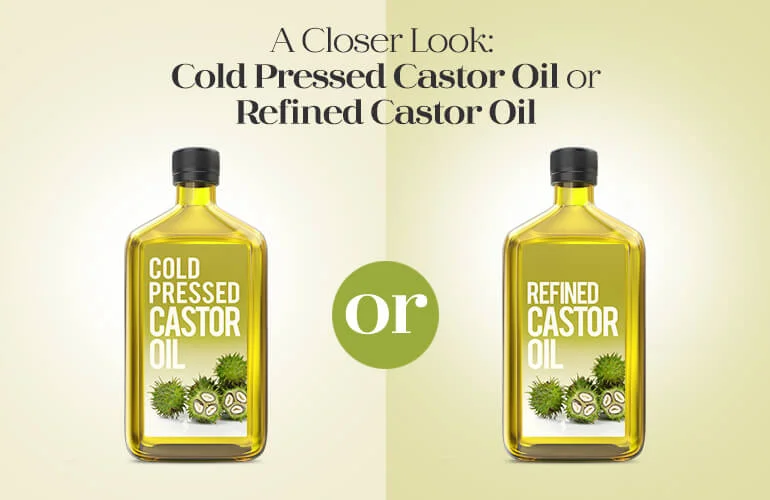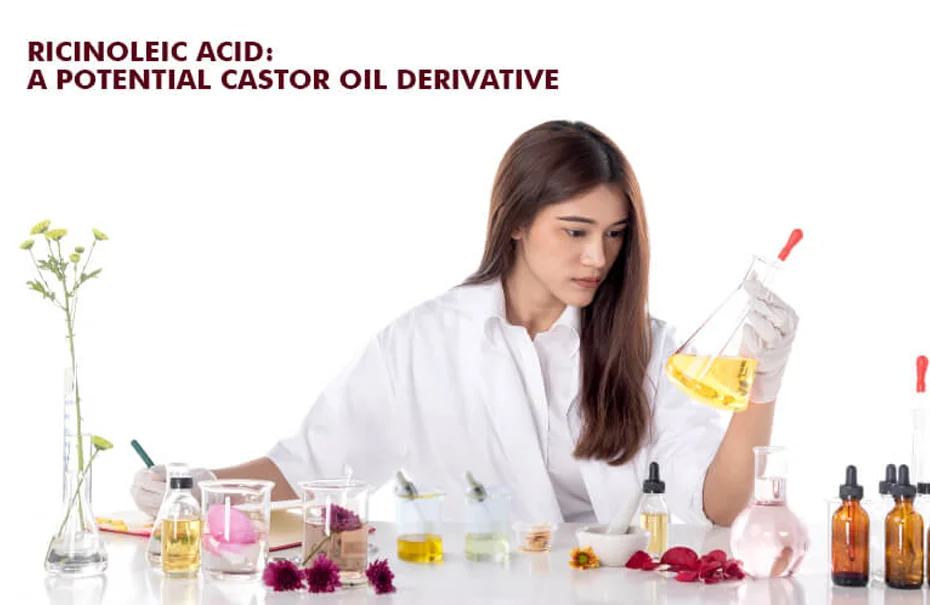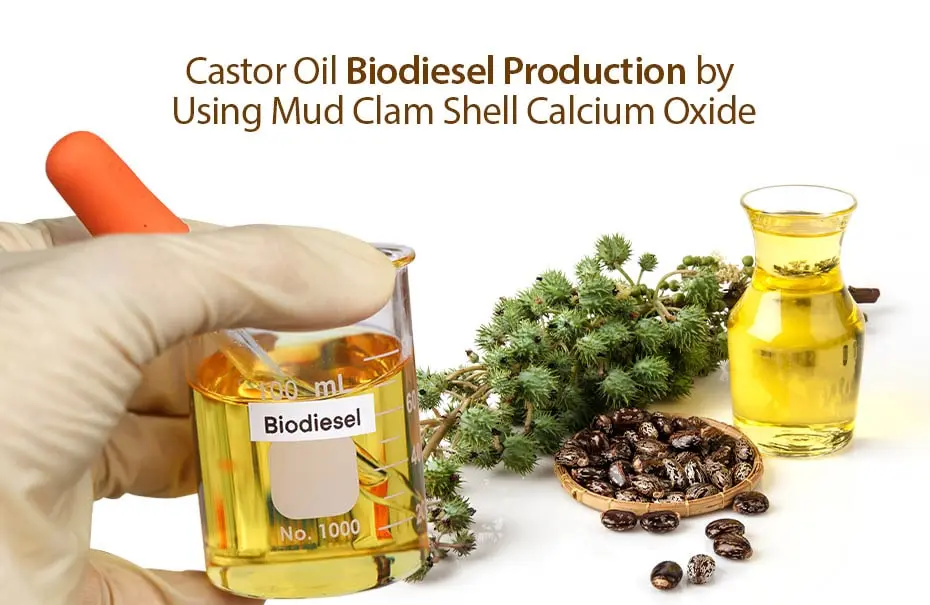Castor Oil-Based Plastics: Is The Future Of Nature Safer?

A plant-based diet, plant-based supplements, plant-based plastic wait, what? Yes, plant-based plastic called Bioplastic is already here and it may if not end, will at least put some relief to the terrible harm single-use plastics are doing to the environment.
Plant-Based Plastic or Bio-Plastic
We all know plastics are made from natural materials such as cellulose, coal, natural gas, salt, and crude oil through a polymerization or polycondensation process but, plant-based plastic or Bioplastic is a totally different chapter. It is a plastic that carries similar properties and benefits to traditional plastic but is made from natural sources such as Wheat Straw, Bamboo Fibre, Rice Husks, Sugar Cane, Corn Starch, etc., products of which you might be already using in your daily life. It is either made with the naturally occurring – Polylactic Acids (PLAs) in plants or with polyhydroxyalkanoates (PHAs) which are engineered from microorganisms.
Compared to the traditional petroleum-based plastics that require around 8% of the world’s oil resources, plant-based plastics are better because they are created from agricultural waste or scraps and hence eliminate the need for precious oil resources. They repurpose the waste and cause minimal carbon emissions and therefore can change the game if used as a substitute for the yearly global demand for petrol-based plastic because more than 42 million tonnes of CO2 can be saved which equates to the CO2 emissions of 10 million flights per year!
Enters Castor Oil-Based Plastics
You might be aware of various castor oil derivatives such as castor wax, commercial-grade castor oil, etc. but, ever heard of plastic made from castor bean? A new polymer blend made from castor beans was derived which was found to be so surprisingly stronger and lighter than conventional structural materials, that it is used in manufacturing car bumpers, crash boxes, door trim, and outer panels of vehicles. In fact, researchers predict that they could improve the fuel efficiency and safety of cars 10 -13 times than other plastics.
Although hidden in its seed is the poisonous ricin, castor beans can be made worthy by converting them into polyamide 11, a thermoplastic from the nylon family of polymers. The oily seeds of the castor plant are pressed and the extracted oil is then treated by adding some chemicals to remove oxygen after which it undergoes polymerization where the water in it is removed and heat and gaseous nitrogen are introduced to get the final product – Nylon.
Benefits Of Castor Oil-Based Plastics
Just like other plant-based plastics, castor oil-based plastics, too mimic the structure of traditional plastics, which means they have benefits of durability, longevity, and practicality and cause no negative environmental effects.
Moving on to another benefit, the plants based on which the plastics are derived, do not require pesticides or chemicals to grow. For example, the castor bean, bamboo, all such plants thrive without the use of pesticides and rarely suffer from infections and the antibacterial properties of which are then passed onto the bio-plastic.
Lastly, the plastic obtained from the castor bean plant can be converted into a lot of new and purposeful products that can be used for years to come.
Recommended: Know about castor oil polyurethane in biomaterials
Is The Future Of Nature Safer?
Even if plant-based plastics are safer, environment-friendly, they are not entirely green at all. Just because they are derived from plants doesn’t mean they turn into one after disposal. But, plant-based plastics can be designed to behave in one of three different ways in the environment:
To last forever – which may take up to 500 years for non-biodegradable plastics to degrade because they break down into smaller and smaller particles that remain in the environment causing plastic pollution.
To biodegrade – where the bioplastic is broken down completely by bacteria or other living organisms. But, all biodegradable plastics are not the same. Since there are many different types and they require different conditions to biodegrade, it is advisable to read the instructions about them given on the product before just tossing it to nature.
To compost – where the composition takes place depending upon whether the plastic is certified to an industrial standard or can decompose in a home composting environment.
Final Thoughts
A plastic if after all a plastic and hence no matter how it is obtained i.e. naturally or artificially, it will leave some traces of it in the environment which is building up plastic pollution. However, compared to traditional plastics, switching to plant-based plastics appears to be a fair and noble idea than being a contributor to damaging the environment.
Castor oil-based plastics are now a thing and must be promoted further as even a small percentage of effort in preventing the negative effects of plastic on the environment is worth it which is why many castor oil companies are taking the initiative and innovating products out of castor oil which can reduce and replace the use of harmful single-use plastics.



